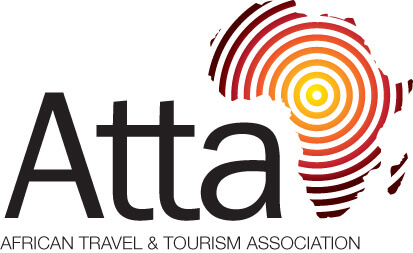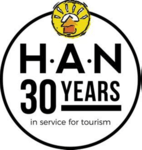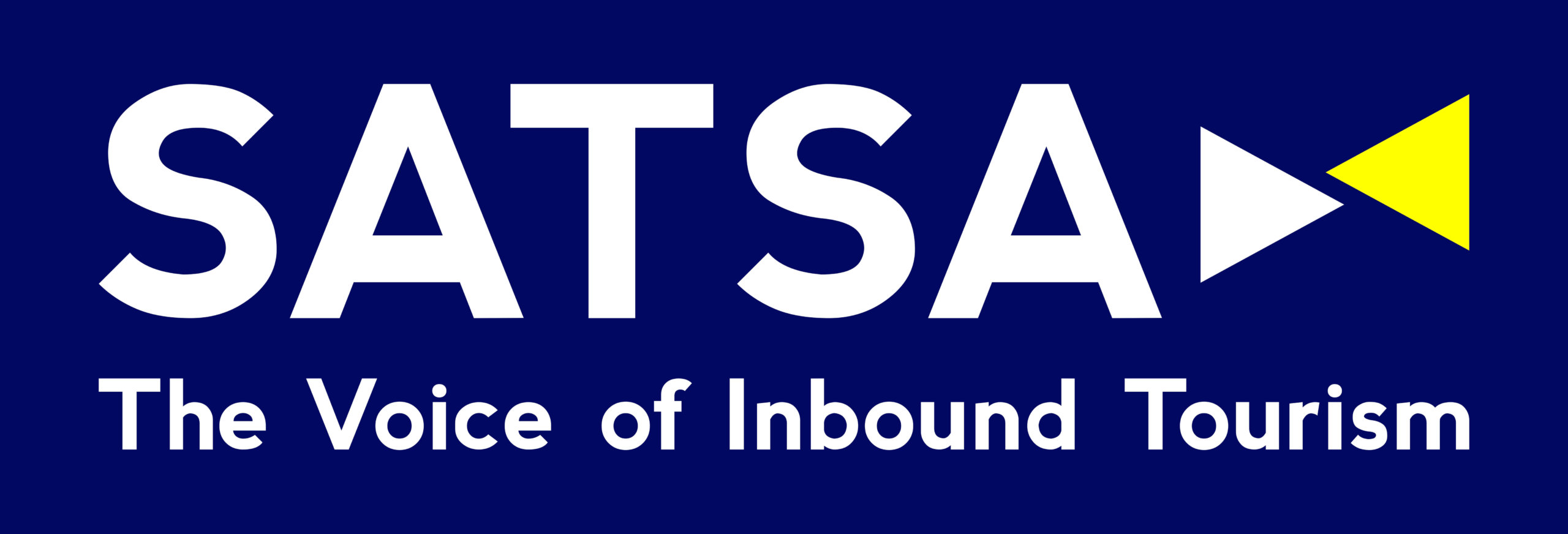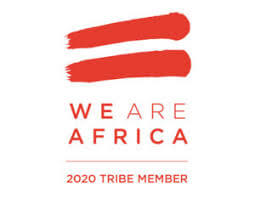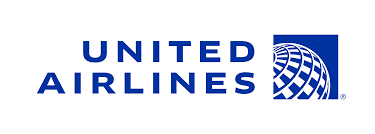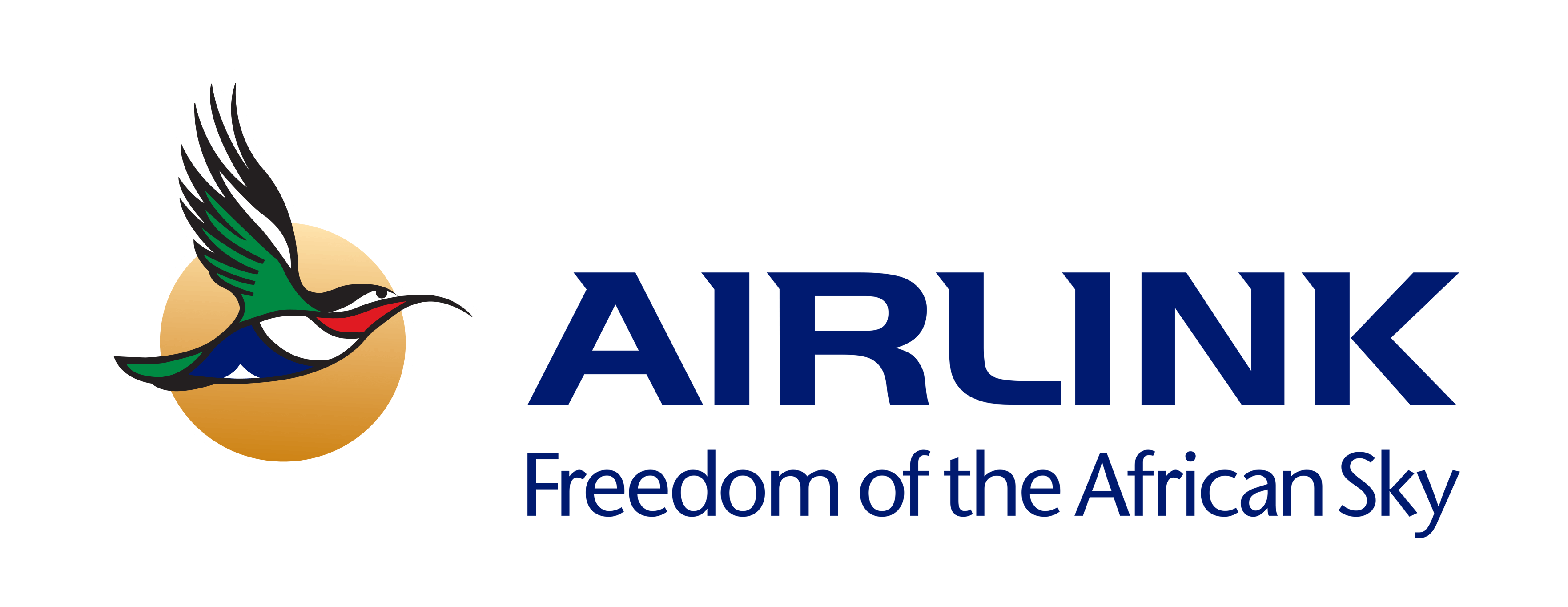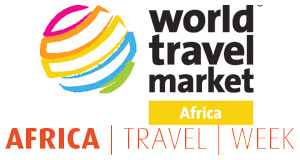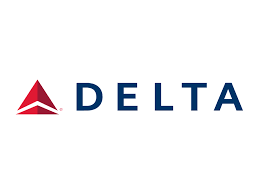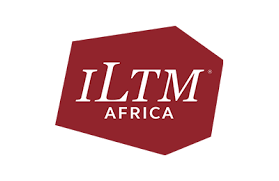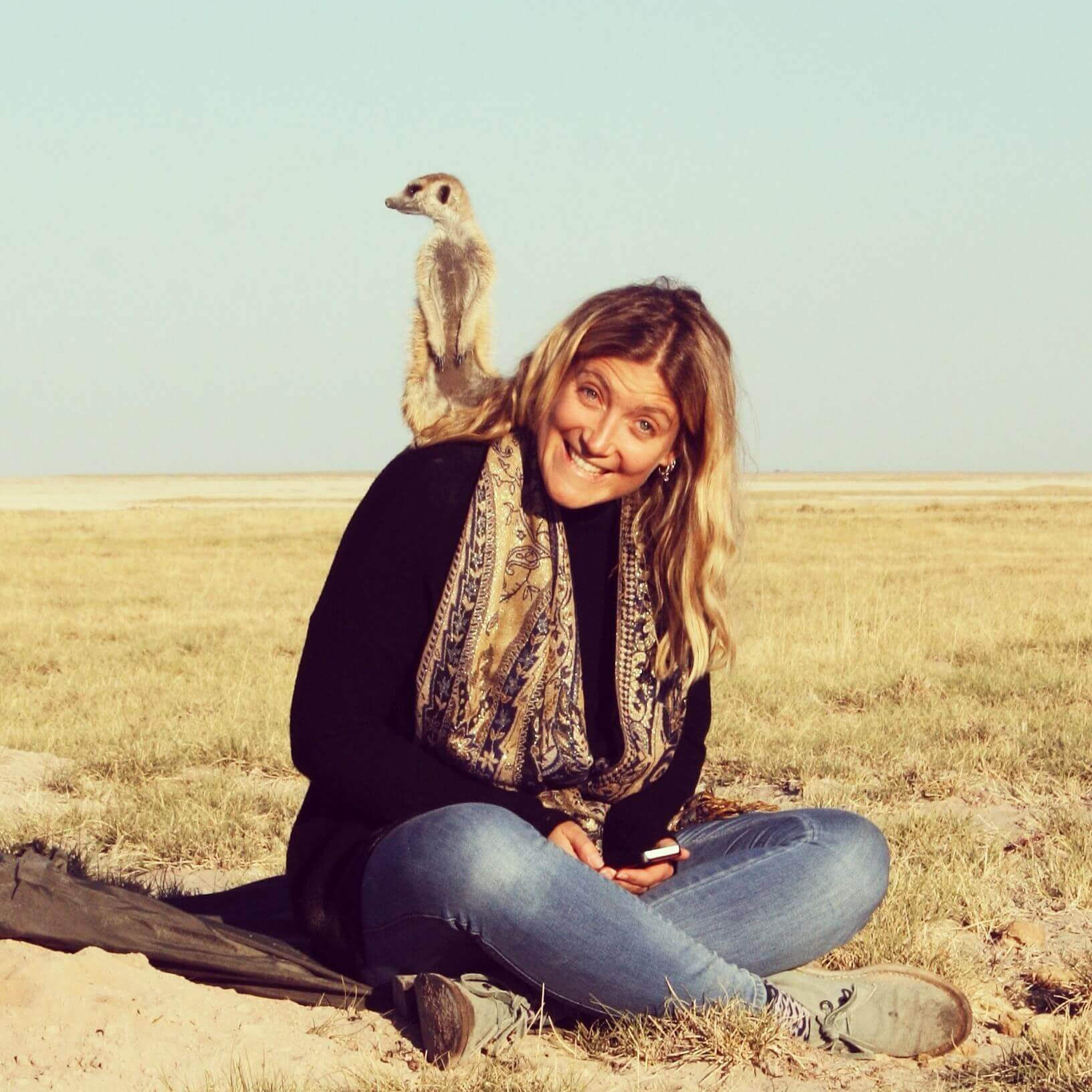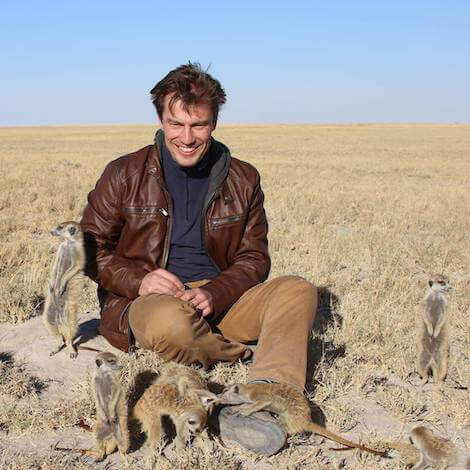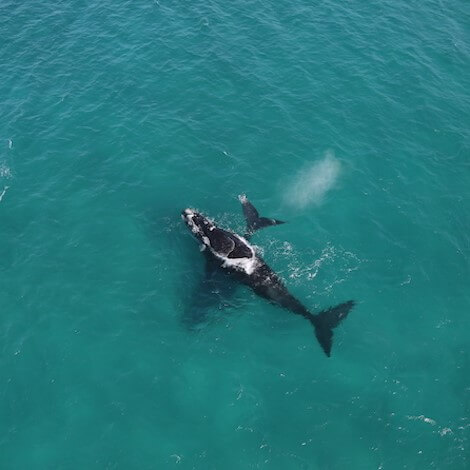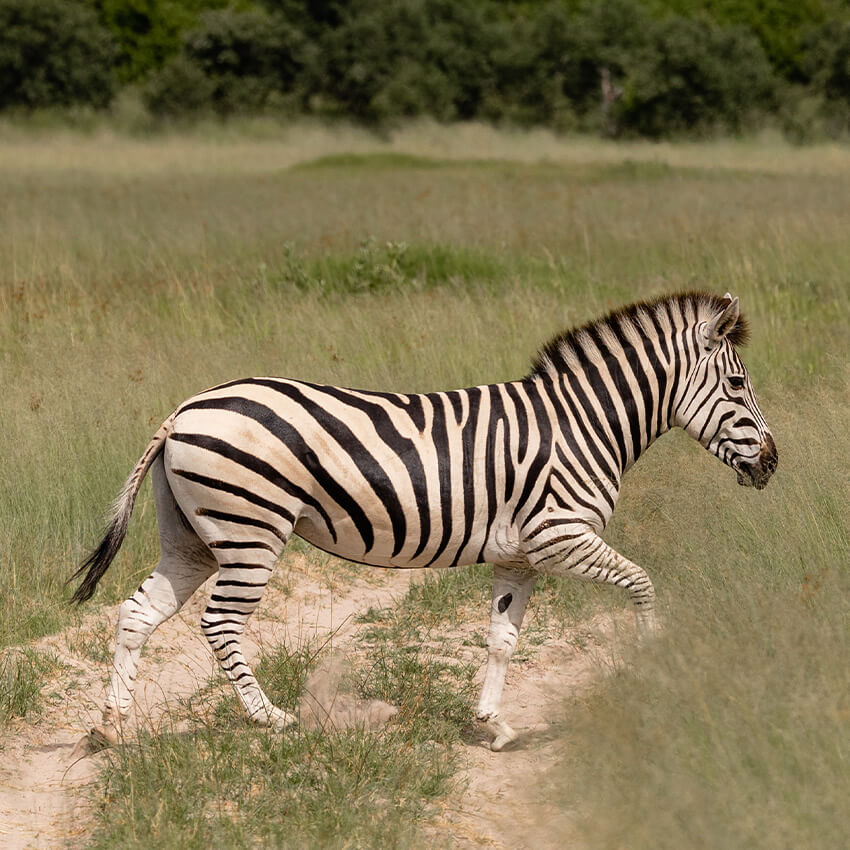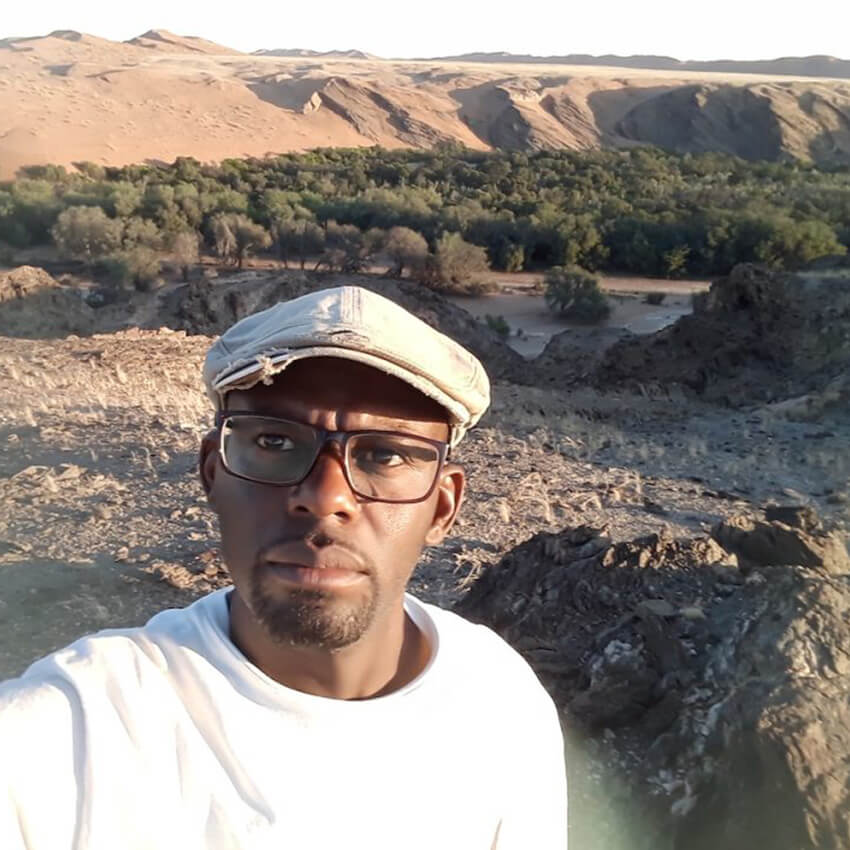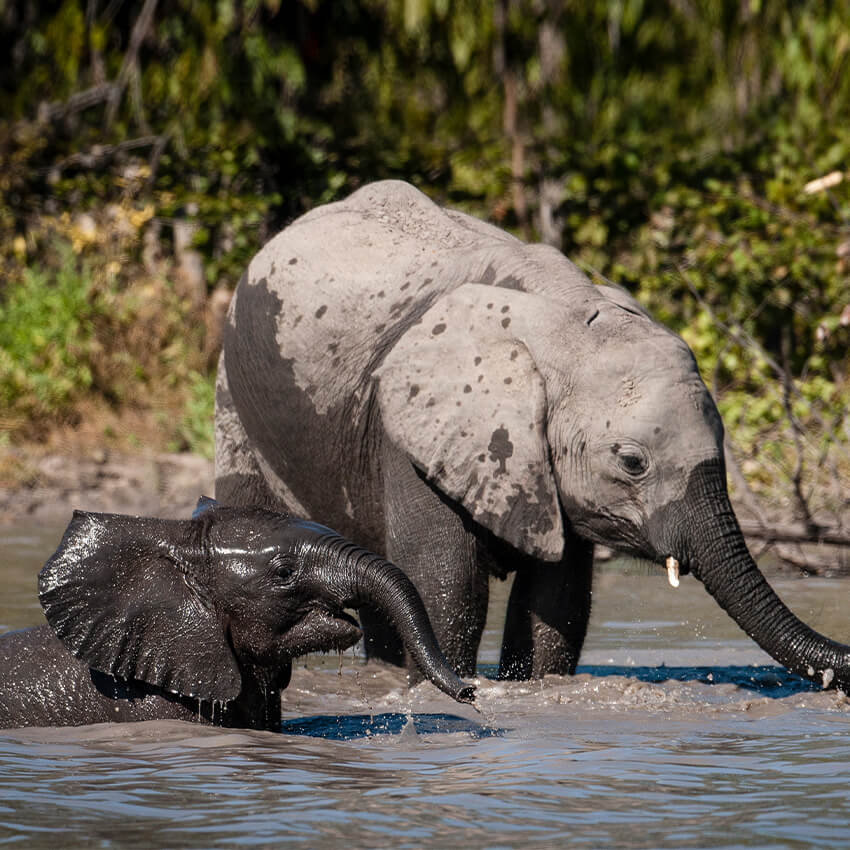Active
Popular
Conservation In The Time Of Corona
 Pru Allison
Pru Allison
 July 27, 2020
July 27, 2020
Natural Selection is a company that has been built on a solid foundation of conservation. It’s the reason the company started and remains the overriding passion of everyone involved in the business.
All our founders are devoted conservationists, but for one of them, it’s her life’s work. Dr Jennifer Lalley has worked as a safari coordinator, environmental consultant, earned a PhD researching lichens on the Skeleton Coast (now home to Shipwreck Lodge), and worked as a university lecturer. Upon starting Natural Selection, Jennifer and her co-founders ensured that 1.5% of every guest’s safari went to some of the most effective projects in Southern Africa, making the company well and truly part of Africa’s conservation solution, and a bastion for the care and progression of wildlife and communities.
So it was inevitable that world events as profound as COVID-19 would have had a drastic effect on the work being done in the field.
We sat down with Jennifer – our director of conservation, to find out exactly what’s happened to some of Africa’s most vulnerable wildlife areas in the midst of a global pandemic.
NS: What is Natural Selection’s approach to conservation and why is it effective?
JL: “On a global scale, tourism is known as a vital contributor to socio-economic growth and in wildlife areas, add to this a crucial layer of protection for habitats and wildlife. Sustainable tourism makes the protection of any country’s wildlife areas economically viable and in many parts of the world these areas would otherwise be utilised by less environmentally friendly industries. This is very much the case in much of Africa. In most wildlife areas of Africa, tourism is the only employer, the only opportunity for skills development and social upliftment (especially for women), the only source of funds for park management, and often the only eyes and ears on the ground preventing illegal bushmeat hunting and poaching.”
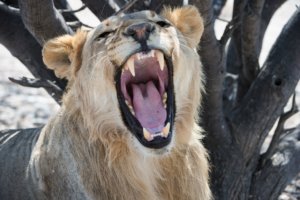
NS: How has this strategy been impacted by COVID-19?
JL: “Without tourism, many wildlife areas would suffer from habitat destruction and the decimation of wildlife populations alongside extreme poverty. the very reason we ever got into this game. For us, it’s all about uplifting communities and protecting these important wildlife areas. During Covid-19 and the temporary closure of tourism, everyone must stay committed to keeping these wildlife areas viable and keeping resident communities supported.”
NS: Much of Natural Selection’s work has focused on the mitigation of human-wildlife conflict. What effect has the pandemic had on this?
JL: “The income from tourism in these wildlife areas is often the only compensation people have for tolerating wildlife. The negative impacts that, for example, elephants and large carnivores can have on rural livelihoods are far reaching. There needs to be a tradeoff, and currently in less developed countries, tourism is often the only vehicle for this exchange. Also, with less income from tourism, the only choice for many communities will be farming and/or bushmeat hunting, so there will be an increasing amount of conflict with wildlife during the COVID-19 travel bans.”
NS: Are projects able to continue at this time?
JL: “In many countries, frontline conservation such as anti-poaching is considered to be an essential service and therefore continues. In other instances, particularly on the social side of conservation, programs are on hold due to social distancing requirements. In some areas this is a major setback, as community-led conservation is where we are aiming to get to. So we need to look to other avenues for community engagement in the meantime. For example, we are indirectly addressing human-wildlife conflict by making sure villages alongside wildlife areas have food provisions through our Covid-19 Village Support programme during the COVID-19 crisis, thereby reducing the need for bushmeat and continuing the message that a thriving wildlife population brings benefits. Our elephant-express buses are also continuing to bring children safely to school via elephant corridors with clear messaging that this service is provided by the local elephants. We are also working with Coaching Conservation to distribute educational material that not only educates kids and households on COVID-19 prevention measures, but speaks of the importance of our environment and wildlife.”
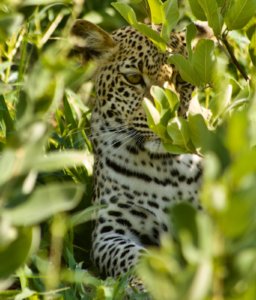
NS: Has there been an upsurge in poaching during the pandemic, and why?
JL: “There are a number of reasons that poaching is on the increase during this Covid-19 crisis. With tourism operations hitting pause, there are fewer eyes and ears on the ground in wildlife areas and parks will have less income for anti-poaching patrols, so the conditions make it easier for poachers to move through wildlife reserves. Furthermore, with less tourism income streaming into communities living alongside wildlife areas, residents will need to find other means of survival. Bushmeat hunting will most certainly continue to increase while local economies suffer. The quest for income from illegal wildlife trade will no doubt increase as well. On the other hand, poaching for illegal wildlife trade depends entirely on illegal market demand, so the question for many conservationists is, has this demand been abated by the COVID-19 outbreak? It’s much too soon to tell.”
NS: What action is your team taking to counter a rise in poaching?
JL: “Within the areas where we operate, we have rangers who move through the areas as a deterrent to bushmeat hunters and poachers and additionally in Botswana we work with the Botswana Defense Force. In areas with highly vulnerable species such as rhino, we have 24 hour area surveillance. As mentioned, we are also indirectly addressing bushmeat hunting by making sure villages alongside wildlife areas have food provisions during the COVID-19 crisis. We are distributing monthly food parcels to several thousand people and have printed and distributed 10,000 Coronavirus family survival and environmental education leaflets created by our partners Coaching Conservation. With the generous donations we continue to receive from past and future guests, friends and family, we hope to have enough funding to support these vulnerable families for the rest of this year.
Another indirect deterrent to poaching and bushmeat hunting is the mitigation of human-wildlife conflict. Many of the projects that we support are addressing this conflict and providing the message that wildlife can be an asset even during this crisis such as Desert Lion Early Warning System, Elephants for Africa ‘Living-with wildlife programme’, CLAWS Communal Herding Programme, Elephant Express transport and the Mmogo coexistence programme.”
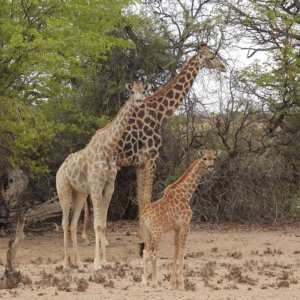
NS: What do you believe COVID-19 means for the future of conservation in Africa?
JL: “Covid-19 certainly has challenged every field and industry on the planet and forced us all to think creatively. Conservation is no different and we all need to look at the resiliency of our programs to these types of challenges. Unfortunately, many conservation programmes in Africa rely heavily on tourism and we can only hope that travellers will board planes to Africa as soon as they can and help us protect some of the earth’s most iconic species and reserves.”
NS: Has the pandemic changed your views on conservation, and the way it can most effectively be implemented post Covid?
JL: “The Covid pandemic has brought under the spotlight the integral role that tourism plays in numerous conservation initiatives, as well the need for more resilient solutions less dependent on tourism revenue. Ideally conservation initiatives and solutions should be community driven, and thereby more sustainable in the long term.
Despite the global impact of the Covid pandemic, the global call to action is a reminder that despite the challenges faced in conservation, we have the ability to act swiftly, decisively and collectively for the greater good. I believe this bodes well for the future of conservation.”
To learn more about our conservation work, or donate to one of our causes, please visit https://naturalselection.travel/conservation/
Special Offers
Our special offers are designed to help you experience everything southern Africa has to offer whilst also saving some all-important pennies. Whether you’re about to embark on a once-in-a-lifetime solo trip, or are celebrating a special occasion, have a peek at our offers and see what could be in store for you.
